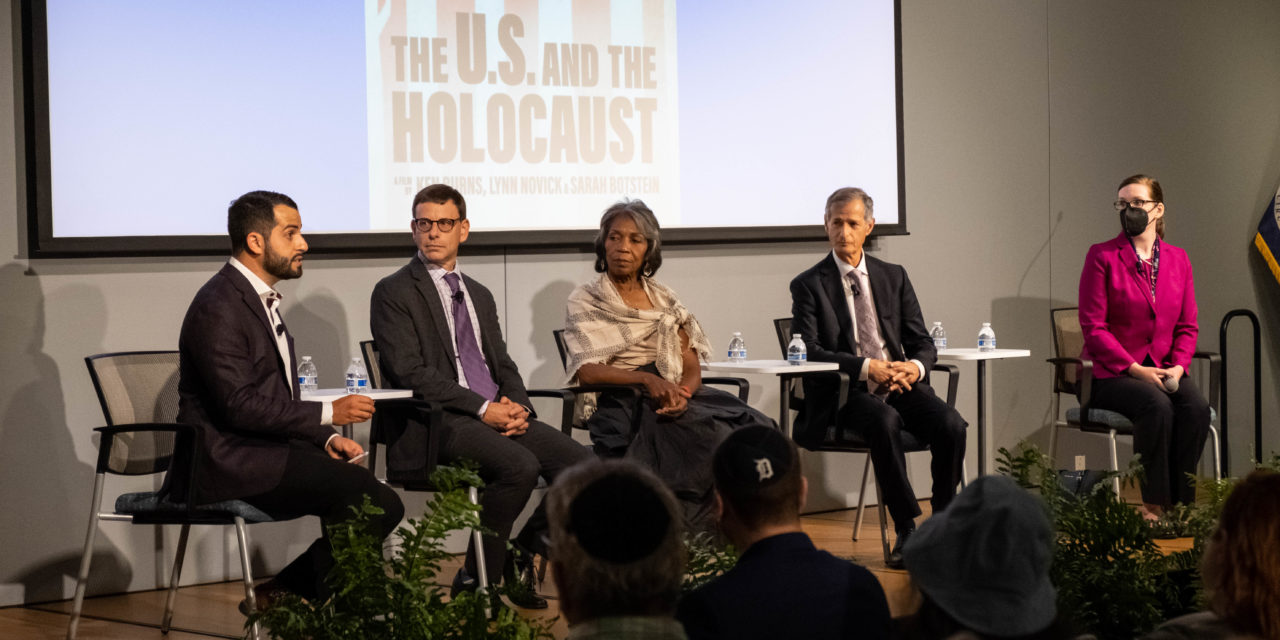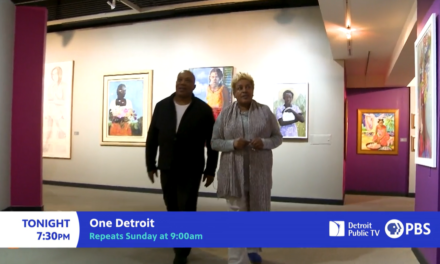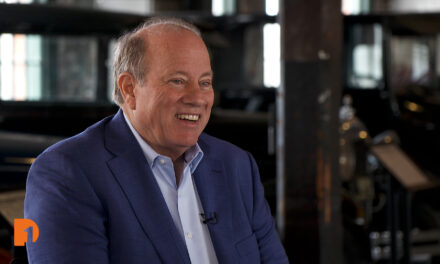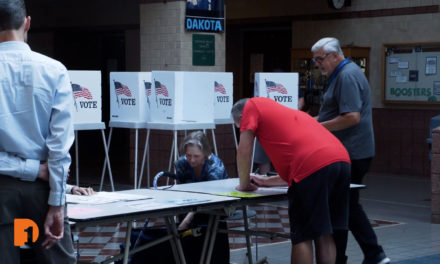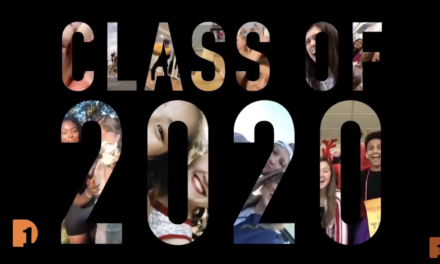By Jonathan Shead, One Detroit
DETROIT — History can often repeat itself if it’s allowed to. As Jewish Americans continue to see a sharp rise of hate and antisemitism, it’s an education of past atrocities like the Holocaust, local leaders say, that reminds people what could happen if society doesn’t change course.
“The Anti-Defamation League released a report this year that antisemitic incidents have reached an all-time high, and 18% were connected to domestic extremists,” WDET radio reporter Eli Newman explained. “And in Michigan, the ADL also noted that there was also a sharp rise in anti-Black, anti-LGBTQ, anti-Asian and anti-Muslim hate.”
So, how do these sharp rises remind us of our past? And what are local Jewish and interfaith community leaders in metro Detroit doing to combat this discrimination?
On the heels of Ken Burns’ latest documentary “The U.S. and the Holocaust,” Detroit Public Television and The Zekelman Holocaust Center co-hosted a panel discussion exploring what was happening in Michigan during the Holocaust, and how the state’s past continues to play a part in the antisemitism we still see today.
Newman, a Jewish metro Detroit native, moderated the panel discussion featuring University of Michigan Professor of History and Judaic Studies Dr. Jeffrey Veidlinger, Interfaith Leadership of Metropolitan Detroit Chair Rev. Stancy Adams, Publisher Emeritus and former Executive Director of the Detroit Jewish News Arthur Horwitz — the son of Holocaust survivors, and Jewish Historical Society of Michigan Director Dr. Catherine Cangany.
“America’s response, or lack thereof, to the Holocaust in Europe remains a complex and troubling chapter in our nation’s history, but more than that, it continues to offer moral lessons to help instruct us as we face contemporary challenges,” said Rich Homberg, president and CEO of Detroit Public TV.
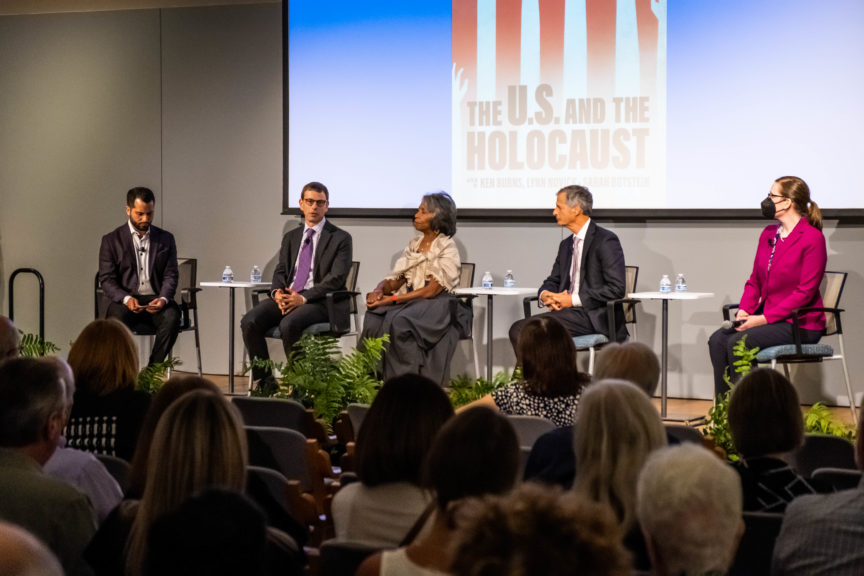
WDET reporter Eli Newman (far left) moderates a panel discussion on Michigan’s role in and response to the Holocaust in conjunction with Ken Burn’s new PBS documentary “The U.S. and the Holocaust.” Panelists included (left to right): Dr. Jeffrey Veidlinger, Rev. Stancy Adams, Arthur Horwitz and Dr. Catherine Cangany. | Photo by Adam Fox-Long, Detroit Public Television
“The U.S. and the Holocaust,” a three-part series, explores the rise of Nazism and its similarities to the Jim Crow-era South, U.S. immigration laws and growing antisemitism, and ultimately whether America failed to respond adequately to the humanitarian needs of the Holocaust.
At the “Michigan Perspective” panel, similar conversations were sparked around Michigan’s history with antisemitism, Jewish Americans’ response to the Holocaust, and how we’re still seeing the effects of hate speech in the present day.
At the beginning of Nazism’s rise in Germany, some of Michigan’s prominent early leaders, like Henry Ford and Father Charles Coughlin, a Canadian priest, paved the way for antisemitism to find roots in Michigan soil. Ford’s “The International Jew” articles, in particular, published in The Dearborn Independent, argued that Jews and Jewish immigration were infecting American society as it was known.
The series ran in 91 issues of Ford’s hometown newspaper and half a million copies were distributed to the paper’s subscribers. That’s when Ford, one of America’s most famous men, publicly began to influence Jewish Americans’ opinions, Veidlinger explains.
“That’s not to say that Hitler wouldn’t have come to power without the international Jew or without Henry Ford. It was one factor among many,” he said during the panel discussion. “There was a lot of other things going on in Europe… that weren’t influenced by the United States. But it certainly is not a proud moment in our local history and Michigan history.”
The history books on antisemitism in Michigan haven’t closed yet either. Michigan’s Jewish community continues to feel the effects Ford, Coughlin and other early antisemitic leaders left behind here.
“It’s very much still in our imagination and in our present in 2022. Unfortunately, we need to get to the point where we’re comfortable with both sides of the man. It doesn’t have to be one or the other,” Dr. Cangany said. “He’s both brilliant and an anti-Semite. And we just need to make peace with that. And that’s true for Father Coughlin, too.”
So, how can Michiganders reconcile the state’s antisemitic history? And what lessons are there to learn about fighting antisemitism and other injustices seen today? The Zekelman Holocaust Center Director of Education Ruth Bergman thinks it’s important to give people the full story.
“It’s always important that we teach the truth. We don’t give simple answers to complex questions,” Bergman said. “This is a complex story, and it’s not meant to cast the United States in an evil light. It’s also not meant to paper over some of the realities. This is a part of the Holocaust story.”
As younger generations begin to learn about the Holocaust, Rev. Adams adds, America’s story of the Holocaust becomes more important to preserving the Holocaust’s history and preventing it from happening again.
“I think one of the key messages of this documentary is that this is a fight for humanity. So, we all should care about it. We all should learn about it and feel invested. And I think that’s what this program is trying to do. And I think that’s a remarkable way to approach it,” Rev. Adams said.
It’s important “to learn about what we knew in the United States and how we could have done a lot better,” Bernie Kent, a local child of Holocaust survivors, said after watching the film and attending the panel event.
Watch “The U.S. and the Holocaust,” directed by Ken Burns, Sarah Botstein and Lynn Novick, on-demand, online and/or on Detroit Public TV’s Passport app now to learn more about the Holocaust.
Watch “The U.S. and the Holocaust” On-Demand Now:

The U.S. and the Holocaust Episode One | “The Golden Door” (Beginnings – 1938)
After decades of maintaining open borders, a xenophobic backlash prompts Congress to pass its first laws restricting immigration. Meanwhile, in Germany, Hitler and the Nazis begin their persecution of Jewish people, causing many to try to flee to neighboring countries or America. Franklin Roosevelt and other world leaders are concerned by the growing refugee crisis but fail to coordinate a response.
The U.S. and the Holocaust Episode Two | “Yearning to Breathe Free” (1938 – 1942)
As World War II begins, Americans are united in their disapproval of Nazi brutality but divided on whether to act. Some individuals and organizations work tirelessly to help refugees escape. Meanwhile, Charles Lindbergh and isolationists battle with Roosevelt to try to keep America out of the war. Germany invades the Soviet Union and secretly begins the mass murder of European Jews.
The U.S. and the Holocaust Episode Three | “The Homeless, Tempest-Tossed” (1942 – )
A group of dedicated government officials fights red tape to finance and support rescue operations. As the Allied soldiers advance, uncovering mass graves and liberating German concentration camps, the public sees for the first time the sheer scale of the Holocaust and begins to reckon with its reverberations.
Stay Connected:
Subscribe to One Detroit’s YouTube Channel & Don’t miss One Detroit Mondays and Thursdays at 7:30 p.m. on Detroit Public TV, WTVS-Channel 56.
Catch the daily conversations on our website, Facebook, Twitter @DPTVOneDetroit, and Instagram @One.Detroit
View Past Episodes >
Watch One Detroit every Monday and Thursday at 7:30 p.m. ET on Detroit Public TV on Detroit Public TV, WTVS-Channel 56.

